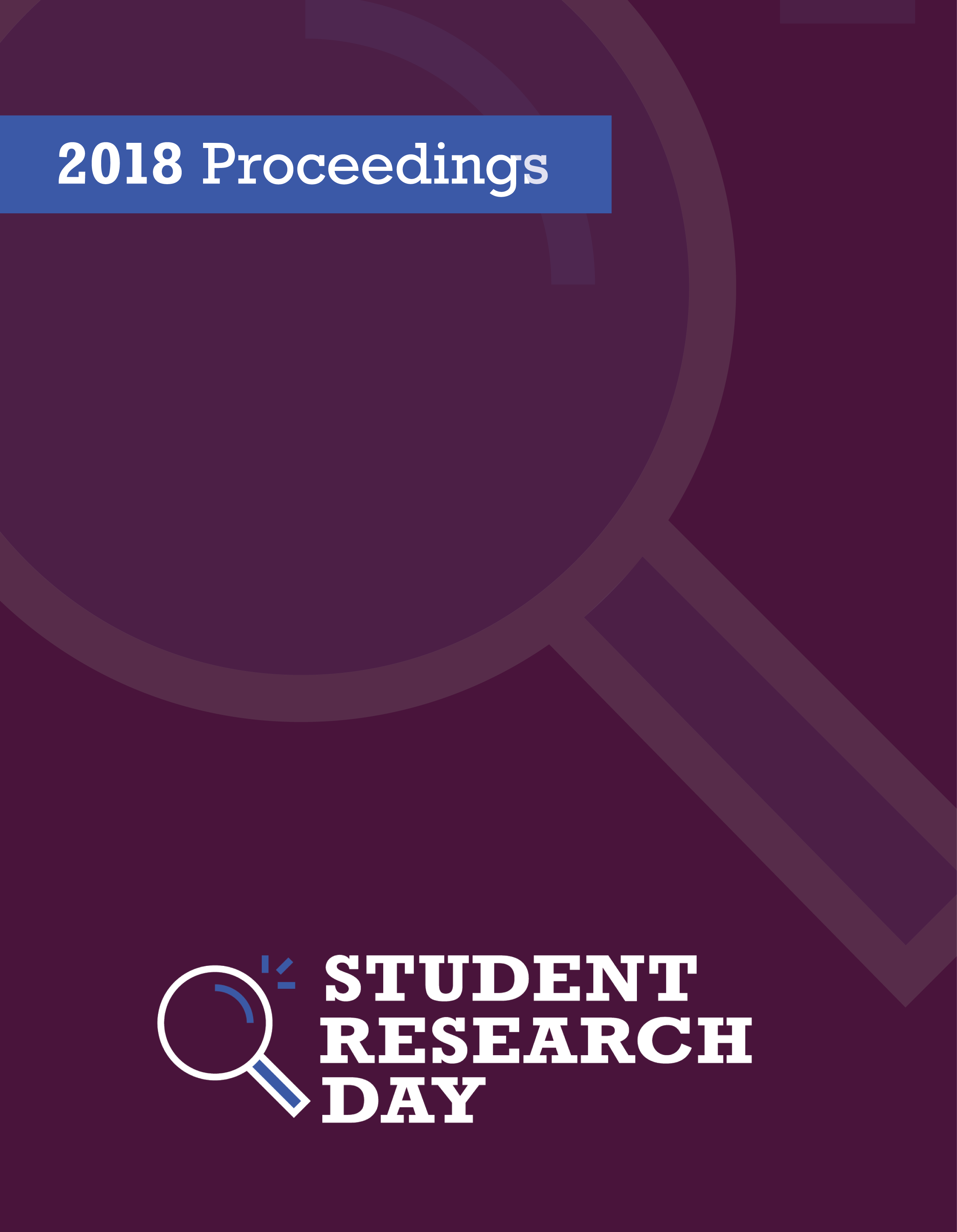Examining Correlates and Consequences of Implicit Theories of Social Anxiety
Abstract
A small but growing literature concerns the application of implicit theories (i.e., incremental and entity mindsets regarding the stability or malleability of attributes, respectively) to disorders and their symptoms. Implicit theories of social anxiety were explored through two studies. The first, cross-sectional study (N = 274 undergraduate participants) examined correlations among implicit theories of social anxiety and social anxiety symptoms, emotional regulation, help-seeking, and behavioural engagement. As predicted, incremental mindsets were correlated with lower social anxiety, greater use of emotional reappraisal, more help-seeking behaviour, greater behavioural activation and less behavioural inhibition. In a regression analysis, incremental mindsets predicted social anxiety symptoms above and beyond the remaining variables. The second, experimental, study (N = 132 undergraduates) randomly assigned socially nervous participants to a condition in which an incremental mindset of social anxiety was cultivated or to a control condition and examined whether emotional regulation and help-seeking increased in the experimental condition. Significant differences emerged between groups on the endorsement of incremental versus entity mindsets regarding social anxiety, but not on the main outcome variables of emotional regulation or help-seeking. Overall, the current findings warrant additional research of implicit theories of social anxiety, such as whether a stronger manipulation of mindsets affects outcomes, especially among clinically socially anxious people.
Discipline: Psychology (Honours)
Faculty Mentor: Dr. Andrew Howell
References
Published
Issue
Section
License
Authors retain any and all existing copyright to works contributed to these proceedings.



